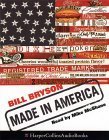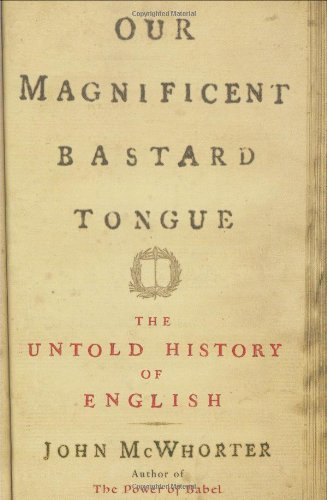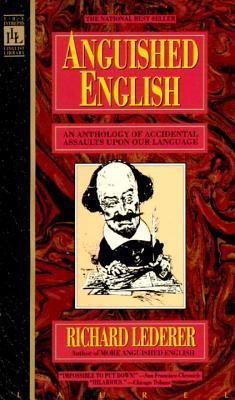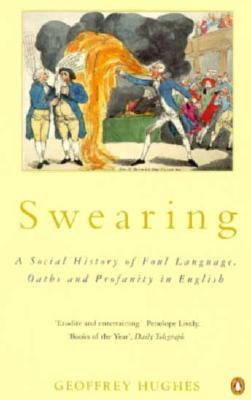
The Mother Tongue: English and How It Got That Way
Book Description
Words are more than just sounds; they carry centuries of history, culture, and conflict. Bill Bryson embarks on an exhilarating journey through the evolution of English, unraveling its quirks and oddities with wit and charm. From Shakespeare to slang, discover how this chaotic tapestry of language reflects society’s triumphs and tensions. Bryson uncovers the surprising connections between language and identity, illuminating how English shaped the world as we know it. Prepare to be captivated by the stories behind the words we often take for granted. What secrets does your everyday language hold?
Quick Book Summary
Bill Bryson’s "The Mother Tongue: English and How It Got That Way" takes readers on an engaging adventure through the origins, development, and eccentricities of the English language. With humor and keen insight, Bryson explores how English became one of the world’s most spoken and influential languages, tracing its evolution from ancient Germanic roots to its modern, global form. Along the way, he examines curious grammar rules, oddities of spelling and pronunciation, and the immense borrowing from other tongues. Bryson demonstrates how English has both shaped, and been shaped by, the people who use it, reflecting historical events, cultural shifts, and social identities. The book is as enlightening as it is entertaining, revealing the hidden stories and colorful characters behind the words we use every day.
Summary of Key Ideas
Table of Contents
The Evolution and Diversity of English
Bryson begins by charting the fascinating evolution of English, from its Germanic and Norse origins through its complex transformation during the invasions of Britain by Romans, Saxons, Vikings, and Normans. He reveals how Old English gave way to a language brimming with vocabulary and irregularities, highlighting how historical events like the Norman Conquest contributed a huge influx of French, resulting in the rich and chaotic lexicon we know today. This ever-changing background sets the scene for Bryson’s exploration of English’s unique flexibility and resilience.
Eccentricities of Grammar, Spelling, and Pronunciation
The book delves into the peculiarities that make English both fascinating and challenging. Bryson humorously unpacks contradictions in grammar rules, the lack of strict spelling conventions, and the unpredictable nature of pronunciation. He points to famous examples, such as the infamous irregular verbs and the idiosyncrasies of words like “ghoti,” to illustrate the language’s unruly character. These quirks, he argues, are the result of English growing organically, absorbing new influences without systematic reform.
Borrowing and Adaptation from Other Languages
Central to Bryson’s narrative is the theme of borrowing and adaptation. English, more than most languages, has absorbed elements from countless others—Latin, Greek, French, Hindi, and even Inuit—often with little concern for logic or consistency. Bryson recounts the colorful journeys of words like “cigar” and “tabby,” showing how the language constantly reinvents itself by welcoming and adapting foreign terms, slang, and idioms into its vocabulary.
Language, Identity, and Social Change
Bryson also investigates the role of English in reflecting identity and societal change. He examines dialects, accents, and regionalisms that reveal social class, origin, and even gender. The book explores how language can both unite and divide communities, and how debates over “correct” usage often conceal deeper social prejudices. Bryson notes landmark moments such as the standardization of spelling and how dictionaries, style guides, and schools began to shape shared norms and ideas about language propriety.
Influence and Spread of English Worldwide
Finally, Bryson addresses the remarkable spread and influence of English on a global scale. He describes how colonialism, trade, science, and popular culture have carried English across continents and into the vocabularies of different peoples. Yet, he cautions that such expansion comes with both opportunities and complications, as English continues to borrow, morph, and encounter resistance. Through all this, Bryson urges readers to see language not as a static repository of rules, but as a living, evolving tapestry woven from human history and imagination.
Download This Summary
Get a free PDF of this summary instantly — no email required.





